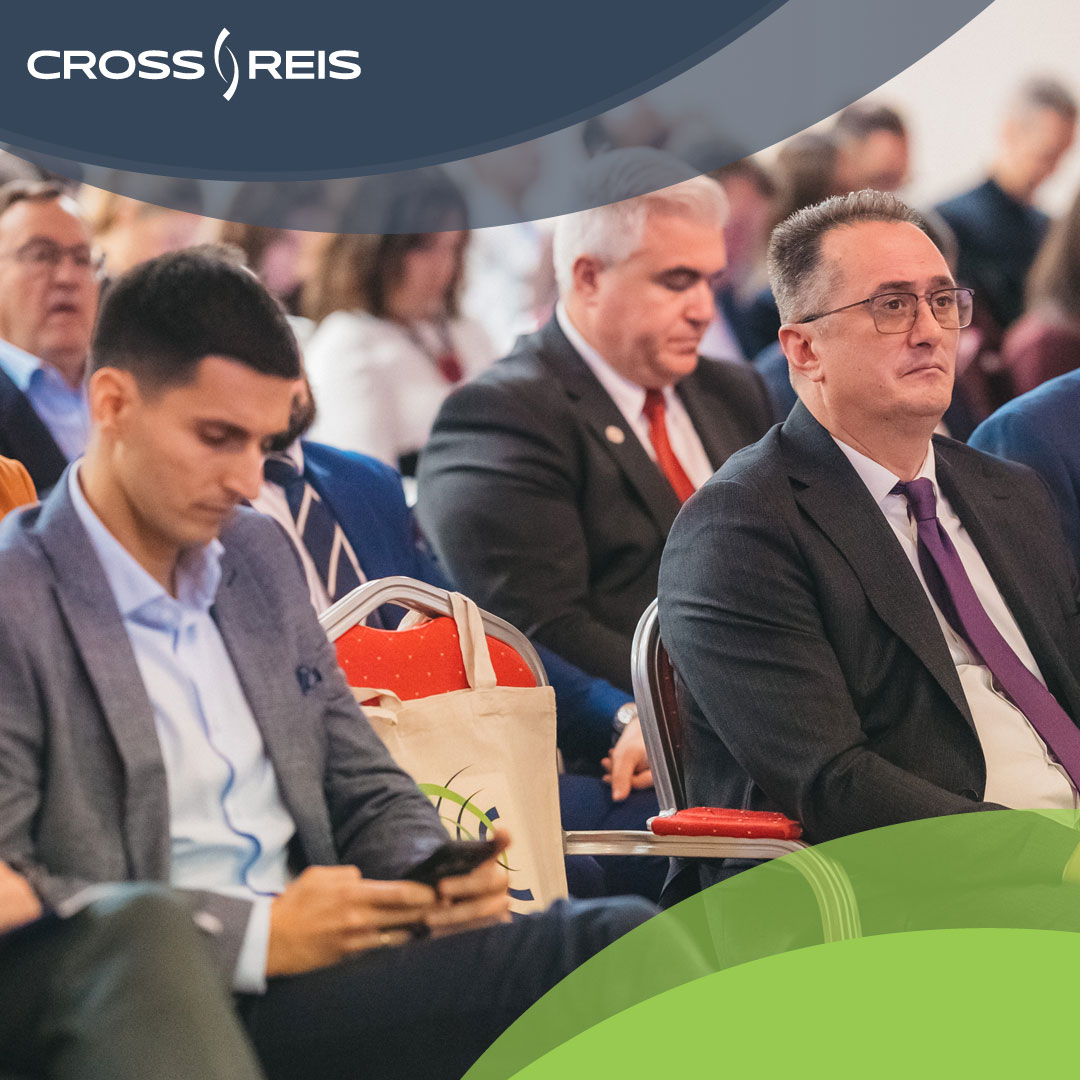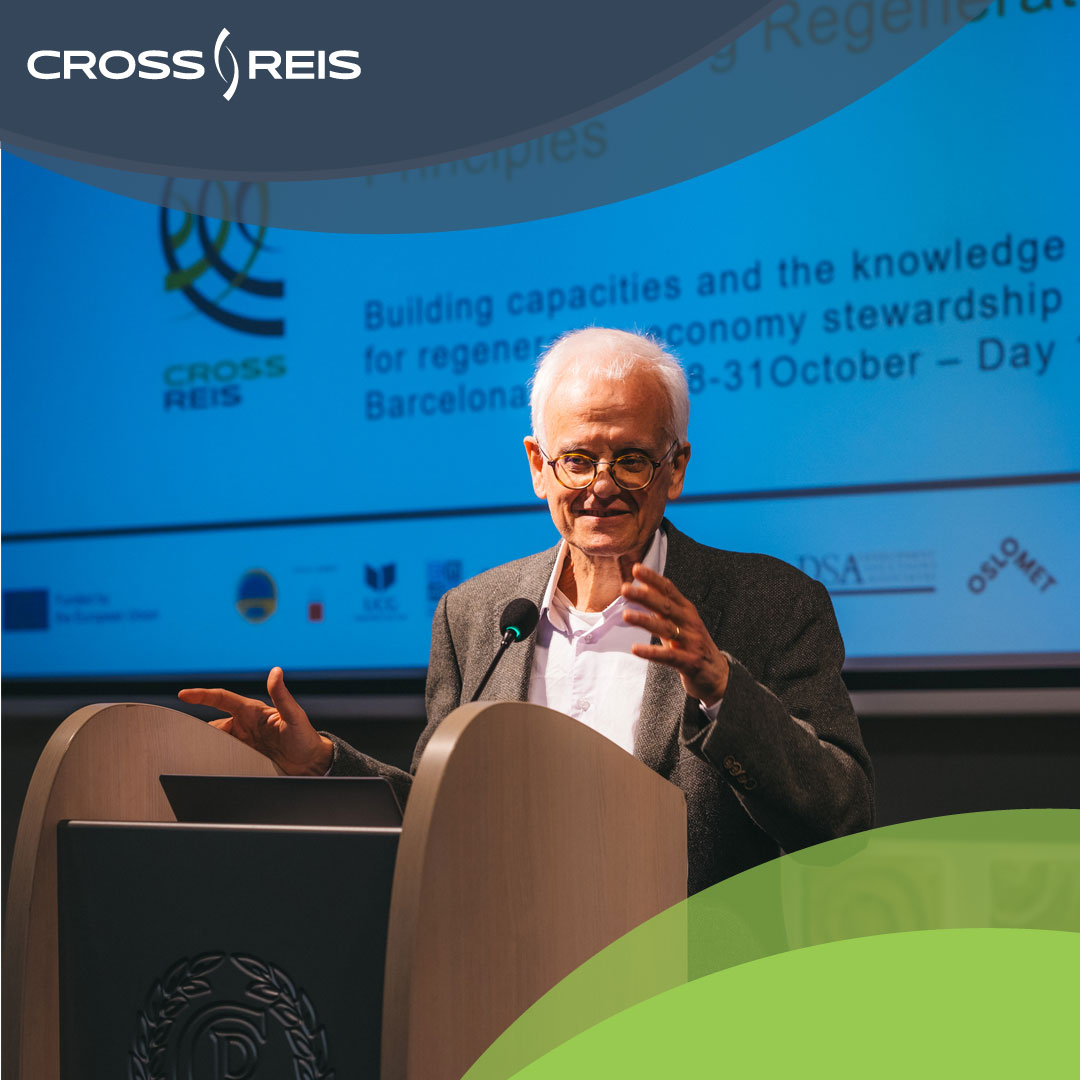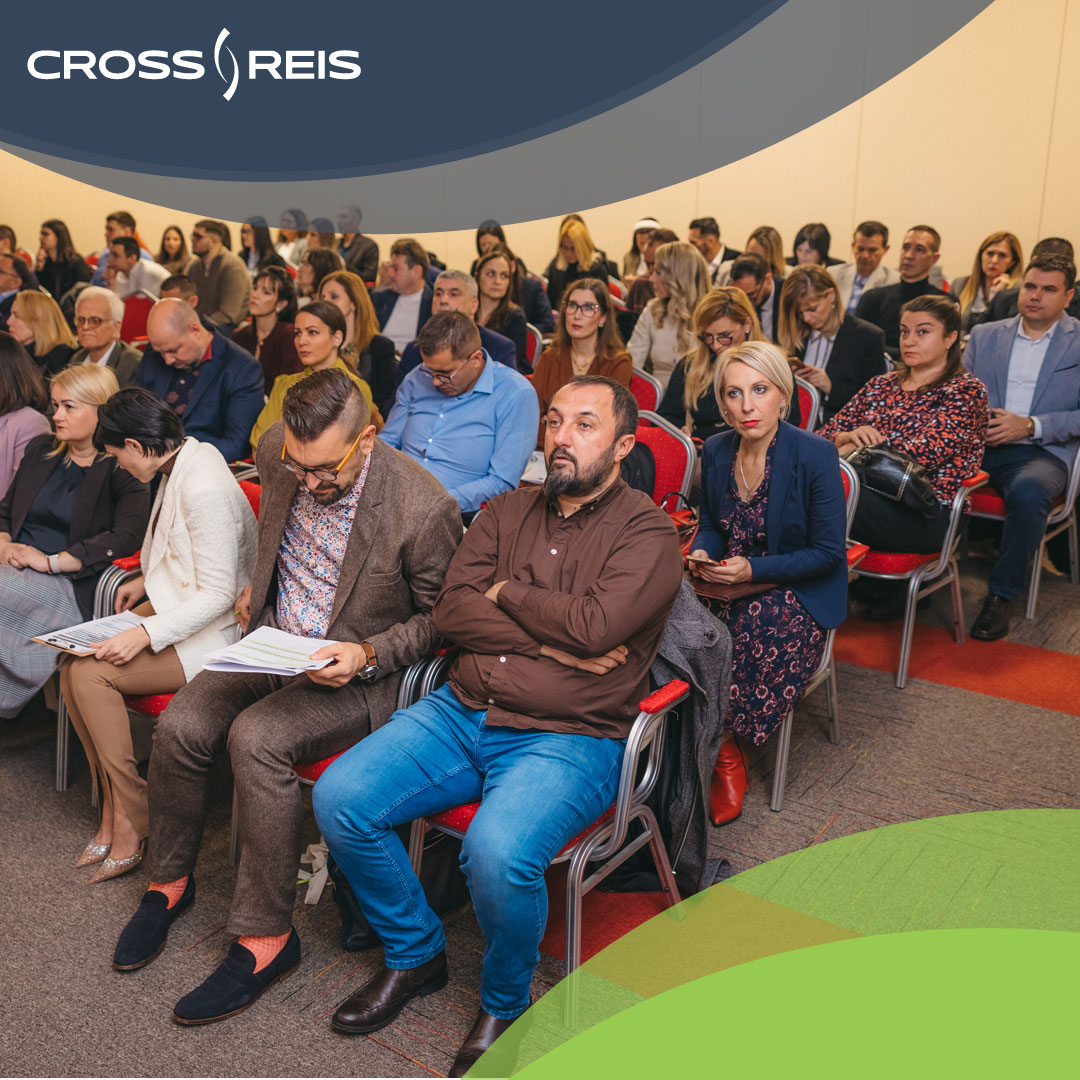

On November 29, 2024, the CROSS-REIS project hosted the business forum “Sustainability 2.0: Exploring the Future of Regenerative Business,” a significant event which attracted policymakers, industry leaders, academics, and civil society representatives to the Constantinus Palace Congress Center in Niš, Serbia. Organized as part of the CROSS-REIS project activities, the forum served as a platform to exchange ideas, share best practices, and foster collaboration across sectors in advancing sustainability and regenerative economy practices.



The forum started with opening remarks by Prof. Dr. Vladislav Marjanović, Dean of the Faculty of Economics in Niš, who emphasized the importance of regional cooperation in addressing the challenges of sustainability. Prof. Dr. Jelena Stanković, CROSS-REIS Project Coordinator, outlined the forum’s objectives, stressing that achieving a regenerative economy requires active collaboration between public and private sectors, academia, and civil society. She thanked the attendees for their commitment to the initiative and announced that this forum is the first in a series planned during the project’s implementation. Luka Gašević, representing the City of Niš, underscored the city’s dedication to sustainability initiatives and the importance of partnerships in achieving tangible outcomes for the local community and beyond.



The plenary session set the stage for the day’s discussions. Dr. Janez Potočnik, Co-Chair of the International Resource Panel and former European Commissioner for the Environment, delivered a video address emphasizing the critical role of political will and EU financial mechanisms in implementing the European Green Deal. He highlighted circular economy principles as a cornerstone for sustainable growth. Prof. Claudia van der Laag from Oslo Metropolitan University presented urban well-being analyses, stressing the need to enhance public spaces, green infrastructure, and active transportation in cities like Niš. The session concluded that effective collaboration between governance levels and stakeholders is essential for advancing regenerative economic practices.



The forum featured three dynamic panel discussions, each providing valuable insights and practical solutions for advancing sustainability.
The first panel, moderated by Patricija Topić of the AI Institute Croatia, focused on how businesses can integrate circular economy principles while driving profitability. Tijana Koprivica, Chief Business Sustainability Officer at Delta Holding, shared the company’s successes in reducing CO2 emissions by implementing solar energy systems and utilizing biomass, despite regulatory challenges in connecting solar systems to the grid in Serbia. Jelena Preradović Stevanović from Philip Morris International highlighted their transformation toward sustainability, with significant investments in innovation and regenerative practices, particularly in health and well-being. Goran Petranović, Financial Director at RST Pellet, emphasized the need for consumer education on the benefits of biomass and shared examples of how renewable energy sources contribute to sustainable growth. Stefan Cvetković, Financial Director of E-Reciklaža, presented the company’s achievements in recycling electronic waste, underlining the ecological and economic benefits of reusing rare resources. The panel concluded that embedding ESG principles into business strategies not only drives sustainability but also opens up new avenues for innovation and profitability.



The second panel, moderated by Prof. Sonja Jovanović from the Faculty of Economics, University of Niš, explored the critical role of civil society in facilitating cross-sector collaboration. Hrvoje Prpić, President of Croatia’s National eMobility Association “Strujni Krug,” emphasized the urgent need for clean transportation, noting the high pollution levels in the region and the limited infrastructure for electric vehicles. Leka Dedivanović, Managing Board Member of UZOR Montenegro, discussed local initiatives to promote green agendas, such as subsidizing electric vehicles and developing charging infrastructure. Milivoje Jovanović, Program Manager and Co-founder of ENECA, stressed the role of small and medium-sized enterprises (SMEs) in adopting sustainable business models and highlighted the importance of civil society as a bridge between the private sector and policymakers. Snežana Andrić, President of Young Ambassadors, shared successful youth engagement projects. The panel concluded that civil society is a vital driver of sustainability, fostering awareness, trust, and community empowerment.
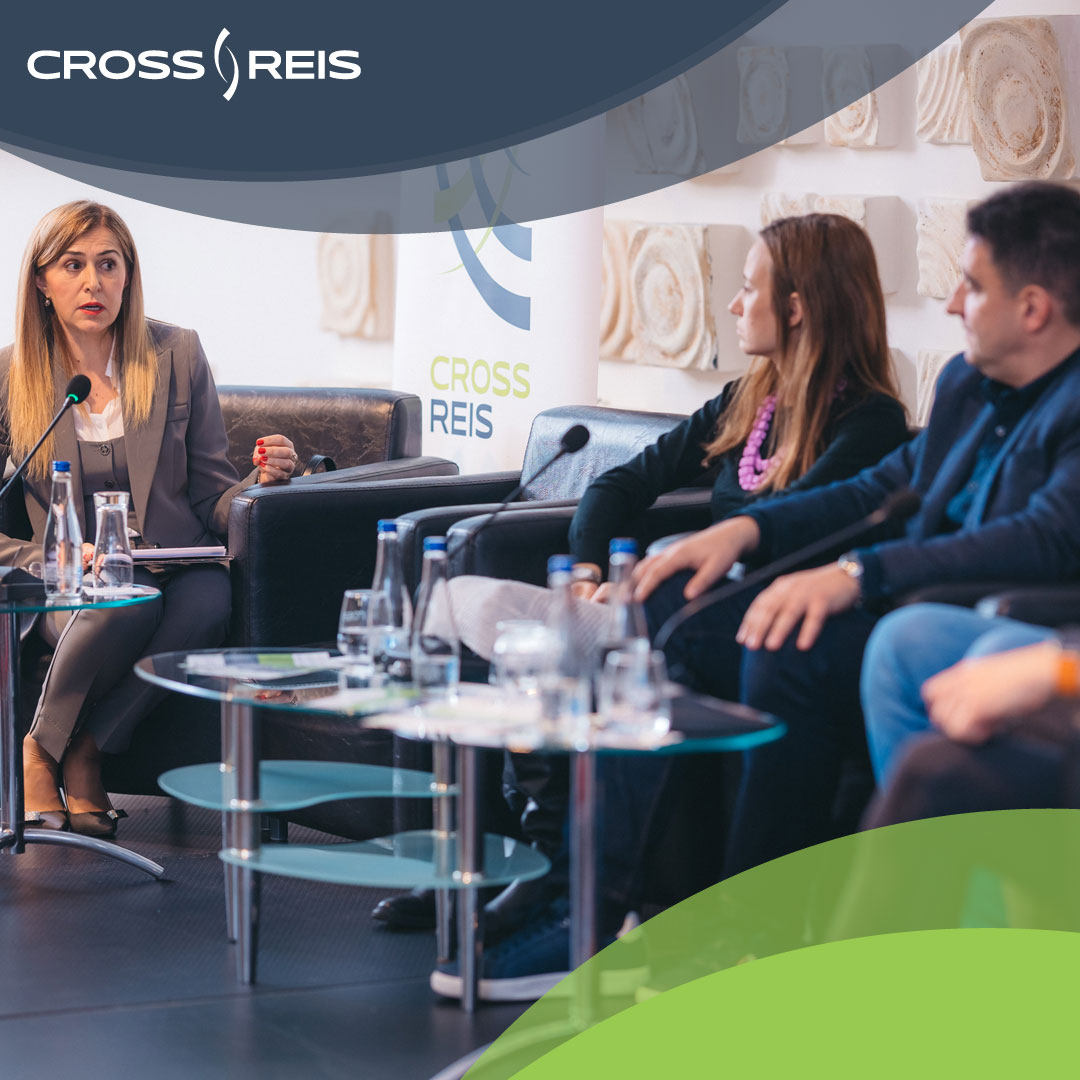
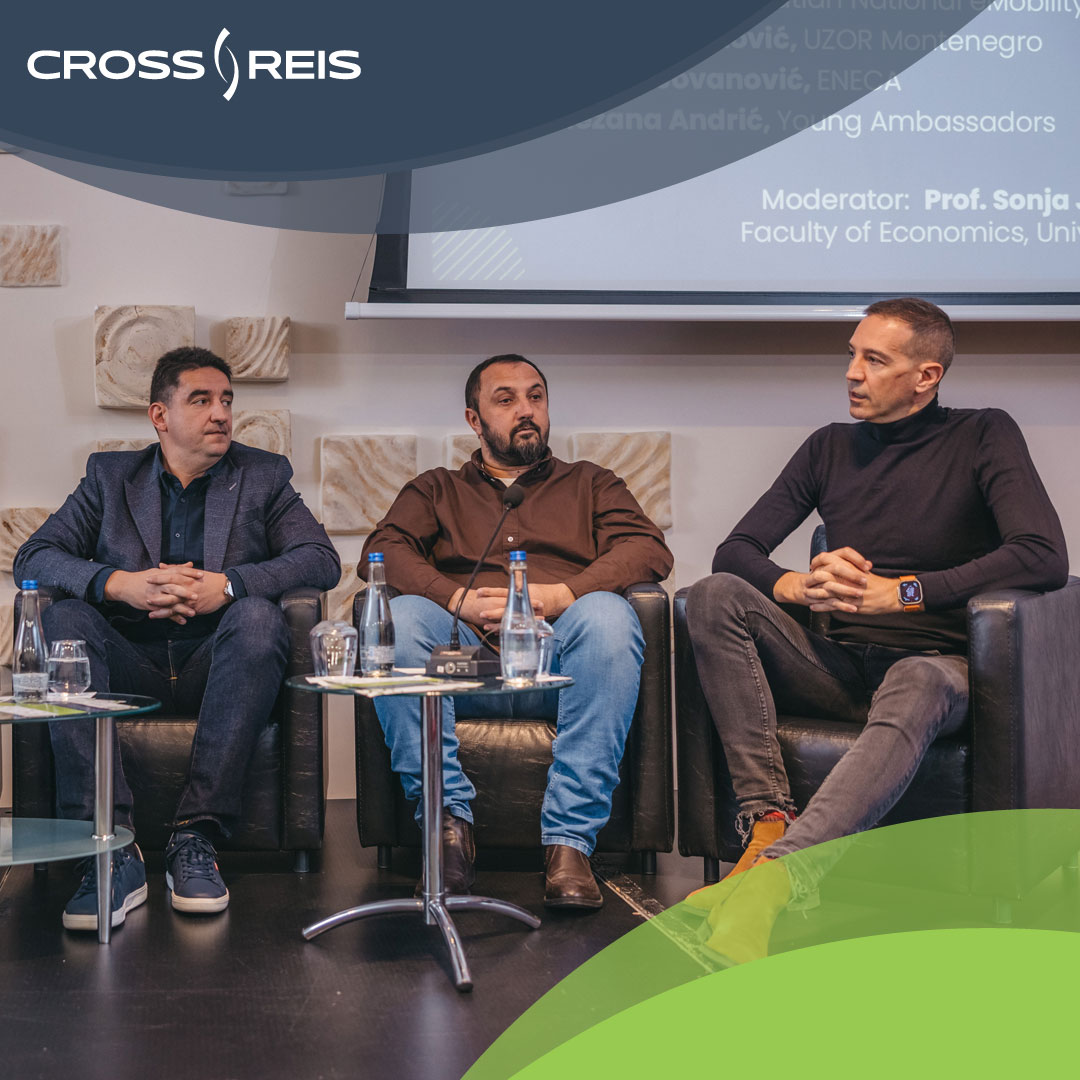

The third panel was moderated by Prof. Nikola Makojević from the Faculty of Economics, University of Kragujevac, and it brought together experts to discuss the role of academia in shaping green policies. Anila Bejko Gjika, Executive Director of CO-PLAN in Albania, emphasized the role of research-based evidence and interdisciplinary approaches in supporting green and regenerative agendas. Prof. Saša Drezgić, Dean of the Faculty of Economics at the University of Rijeka, highlighted the lack of analytical capacity in public and private sectors and the challenges faced by academia in providing support due to limited resources. Draško Boljević, Executive Director of Eko-Fond Montenegro, stressed the importance of streamlined legal frameworks and collaborative efforts in designing subsidy programs for energy efficiency. Hrvoje Milković from the Regional Development Agency of Primorje-Gorski Kotar County, Croatia, shared an innovative example of turning waste into granules for manufacturing, showcasing circular economy practices in action. Nebojša Vraneš, Advisor at the Chamber of Commerce and Industry of Serbia, pointed out the issue of constrained budgets for scientific research and presented recent efforts to translate EU circular economy standards for local application. The panel concluded that addressing the human and financial capacity gaps, fostering interdisciplinary collaboration, and strengthening partnerships among academia, government, and industry are critical for accelerating the green transition in Southeast Europe.
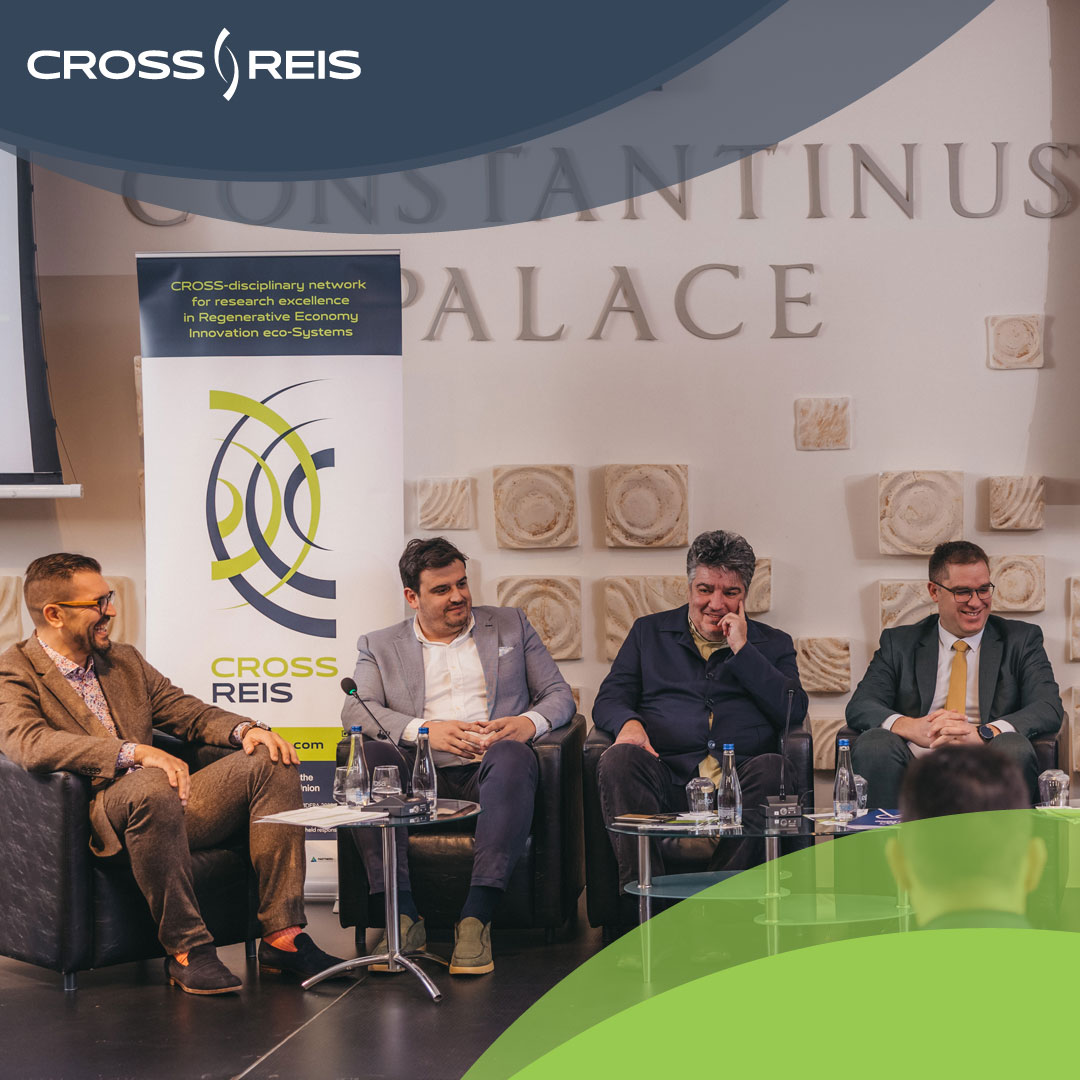
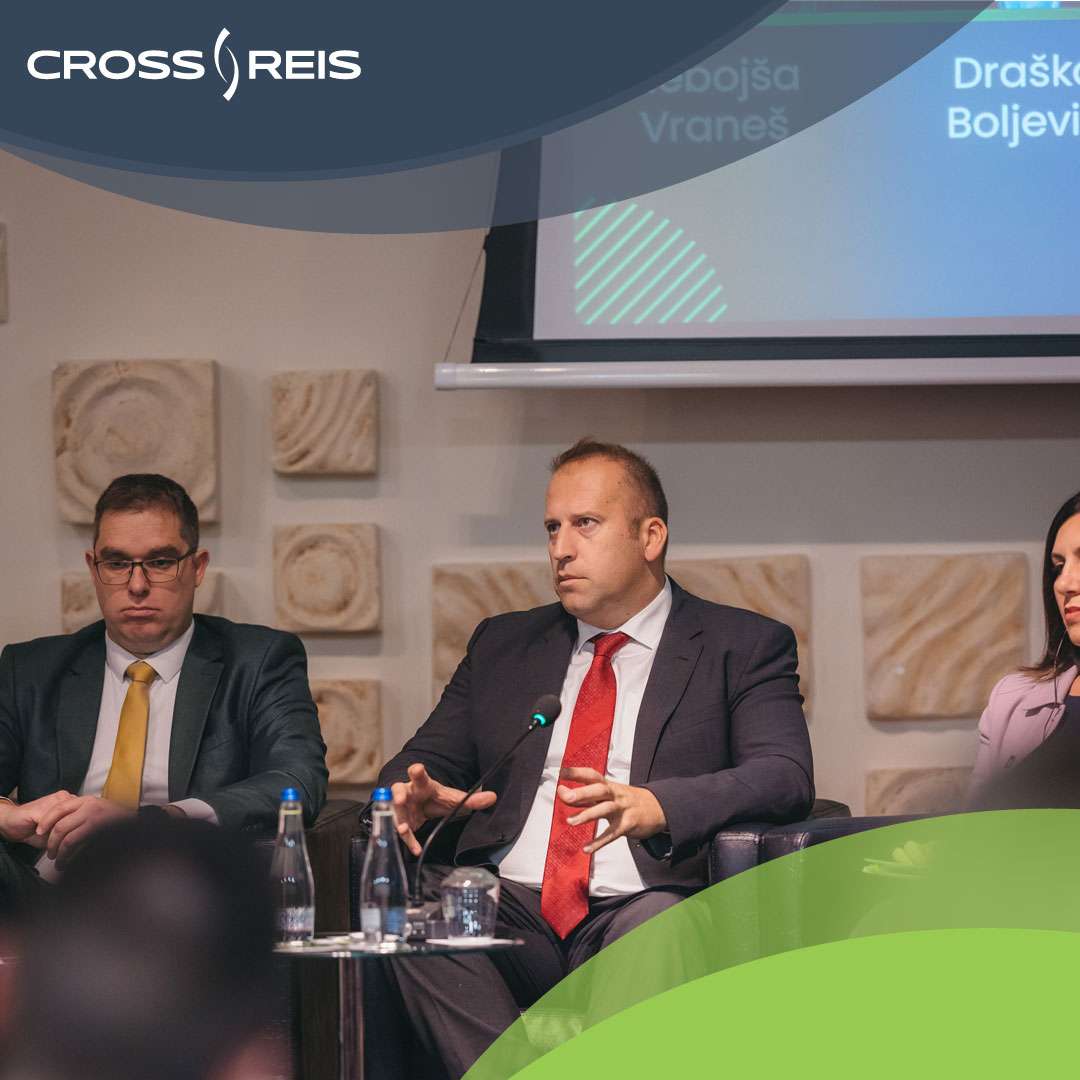
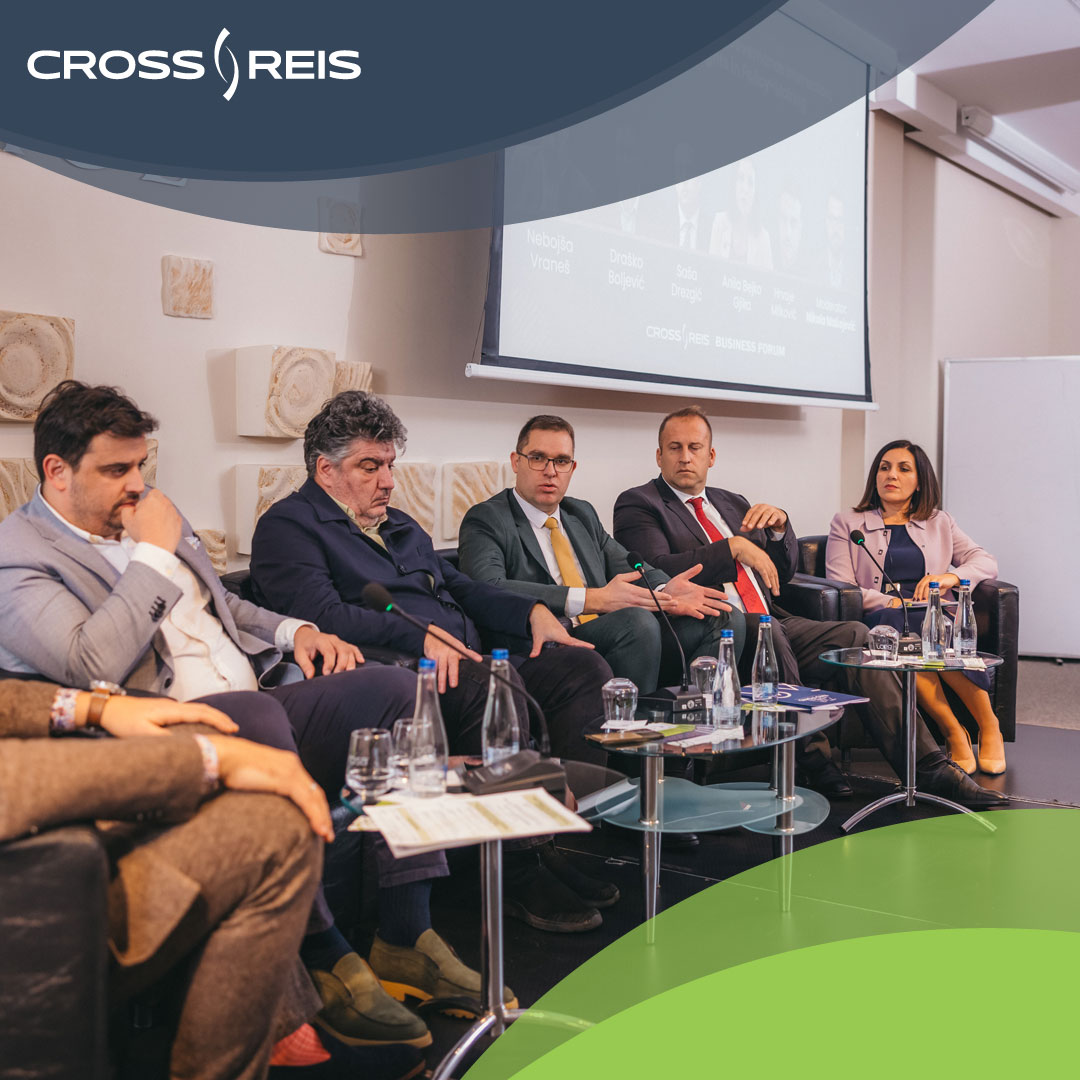
Dr. Carlo Sessa from the Euro-Mediterranean Economists Association (EMEA) closed the forum by elaborating on the regenerative practices central to the CROSS-REIS project, highlighting the importance of Living Labs for fostering sustainable development and achieving long-term regenerative goals.
The “Sustainability 2.0” forum provided an invaluable opportunity for networking, knowledge exchange, and actionable insights. As a unifying platform, the event highlighted that only through joint efforts can Southeast Europe achieve a regenerative and sustainable future.
